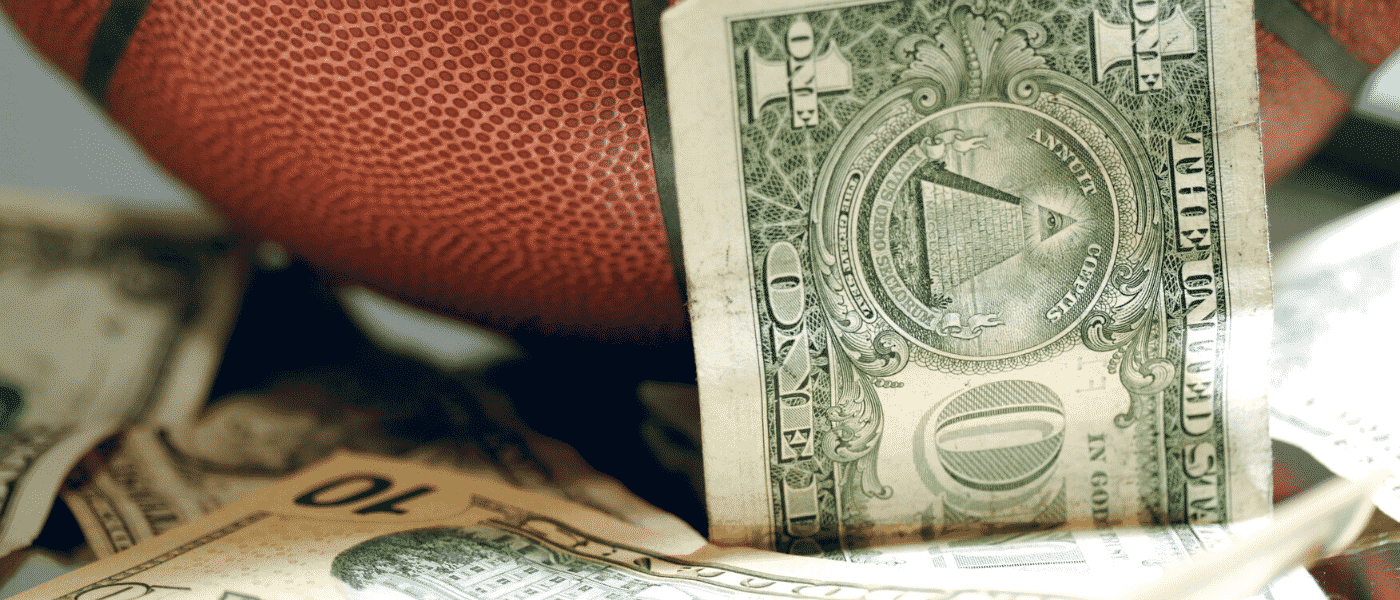The Fix Is In? Gambling Twitter Debates Referee Errors

It’s inevitable. Every season, there is a string of bad calls that significantly impact the outcome of sporting events. It’s also unavoidable that these blown calls send sports fans (and sports bettors) into a tizzy.
We appear to be in this stretch at the moment, as a tweet by ESPN’s David Purdum kicked off a polarizing thread with people claiming rigged games are pervasive juxtaposed against more moderate takes and a larger discussion about the competency of officials.
As with most things related to gambling and the new era of legal sports betting, this is a complicated topic with a lot of nuances. Here are some of my thoughts.
Overall, Referees are Really Good at Their Job
I’m always amazed at the calls a referee or umpire makes in real-time. I’m also routinely surprised at their ability to spot a dive, as athletes increasingly become well-practiced actors. Officials are far from perfect but consider the sheer number of calls they must make during a game, and their success rate is pretty damn good.
There are a combined 150 offensive plays during a typical NFL game, with 22 players on the field running at sprinter speeds during each one. Roughly 300 pitches per MLB game, with something like four dozen balls in play every game. There are upwards of 150 possessions and 200 shots taken during an NBA game, with ten players running around, banging into one another for most of the possession.
Bottom line: Officiating a game is challenging, and refs and umpires are good at it.
It’s Hard to Fix a Game
The mental energy it takes to override practiced habits is immense. For that reason, strange occurrences tend to stand out as not just a bad play or call, but a weird play or call. Something will seem a little off, as the extra split second to decide will stick out from the person’s long history of natural reactions.
Further, few positions in team sports can have an outsized impact on the game, so fixes don’t always work as planned.
A pitcher can throw a couple of hanging breaking balls, but the other team still needs to hit a home run. And you can see how difficult that is under ideal circumstances by watching a home run derby.
A hockey goalie can let one trickle through – but not three or four – and has no impact on what his teammates do at the other end of the ice.
A quarterback can pat the ball and take a sack or fire a ball into triple coverage – but not on every play. A defensive back can fall or get torched on a deep throw, but doing it more than once starts to look sketchy, and of course, the other team must execute the play.
And speaking of the NFL, this is the one sport where a player trying to fix a game has no impact on the outcome half of the time, sitting on the sidelines and crossing their fingers that the offensive or defensive unit fails.
Bottom line: short of a coordinated effort between multiple players (which is how the Black Sox Scandal was uncovered – too many witnesses), perpetuating a fix is a gamble in and of itself. And to David Purdum’s main point, the NFL would be one of the most complex sports to fix.
The History of Match-Fixing Scandals
That said, there are enough instances of fixed games and events that these concerns shouldn’t be dismissed out of hand. This isn’t to say fixed matches are widespread, but the notion that it doesn’t, or can’t happen, even at the highest levels of team sports, is just as absurd.
We see athletes take crazy risks and skirt the rules on and off the field, so why is there a magical forcefield that keeps them from violating the integrity of the game in this one specific way?
Like other gambling scandals, most of the match-fixing plots uncovered were only uncovered because the perpetrators got too greedy and reckless. From to to ASU Basketball, where the impetus was to get out of gambling debts (which was also the case with ):
“Hedake got into the bookmaker for about $20,000 to $30,000 [and] had no way to pay it,” Gagliano explained. “So we — I – kind of concocted the plan. ‘Hey, I’ll forgive your gambling debt and I’ll give you 50,000 bucks a game if you give me the outcome or can control the outcome of two games.’”
So, what about the schemes we don’t know about? The one and done fixes, or the instances where greed was held in check.
And then there are all the unproven instances where there is an awful lot of smoke for there not to be a fire or two.
Bottom line: There is no shortage of examples of match-fixing and rigged games, and there are way more rumors and anecdotes to pretend this is out of the realm of possibility.







